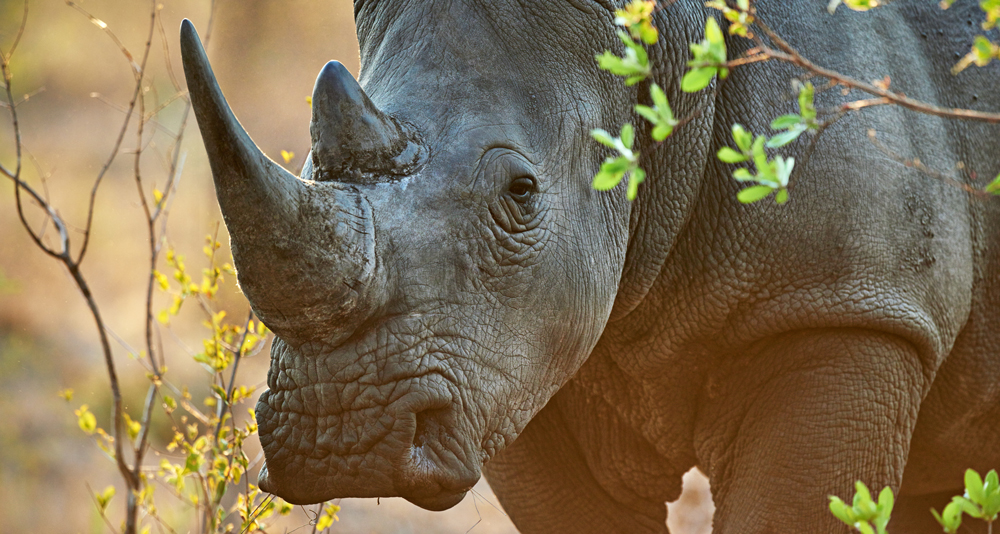South Africa has taken the highly controversial step of legalizing the sale of rhino horns. In a short but powerful decision, the country’s Constitutional Court ruled in favor of allowing the trade to continue after an eight-year moratorium.
The New York Times announced the decision Wednesday but said the actual rule change had come some time in late March. The court’s statement consisted of a single paragraph that overturned a lower court’s ruling to the contrary in 2016.
The move was applauded by South Africa’s commercial rhino breeders, who argue that the legal sale of rhino horns will prevent wild rhinos from being poached.
“We welcome the Constitutional Court ruling,” Pelham Jones, chairman of the Private Rhino Owners Association of South Africa, said. “We believe it is a right we have been entitled to.”
The association was the party which brought the case before the court. South Africa has roughly 330 private breeders that account for 30 percent of its national rhino population.
“So many people who profess to love rhinos want to do exactly what will make rhinos extinct,” said rhino breeder John Hume. “If I don’t get permission to sell within two years it will be the death knell of this breeding project. We have given the poachers a monopoly. So forgive me if I get a bit emotional at times with the animal rightists.
“I breed and protect rhinos and this project could be copied by almost anyone. This is the way to save them from extinction. I trim their horn in such a way that it can regrow again.”
Buying, selling, possessing, and transporting rhino horns will require a permit issued by the provincial government.
Those opposed to the legal trade of rhino horn say the domestic market is almost nonexistent. Horns sold legally in South Africa may end up being smuggled out of the country to Asia, where the horns are prized as luxury items and ingredients in traditional medicine. Contrary to popular belief, the use of powdered horn as an aphrodisiac is rare in Asian cultures.
South Africa’s moratorium on the sale of rhino horns began in 2009 after poaching’s frequency began to rise. According to the World Wildlife Fund, poaching increased 9,000 percent between 2007 and 2014, from 13 cases to 1,215. National Geographic reports that South Africa holds 70 percent of the world’s 29,500 rhinos, making the potential loss of any rhinos there a major ecological issue.

